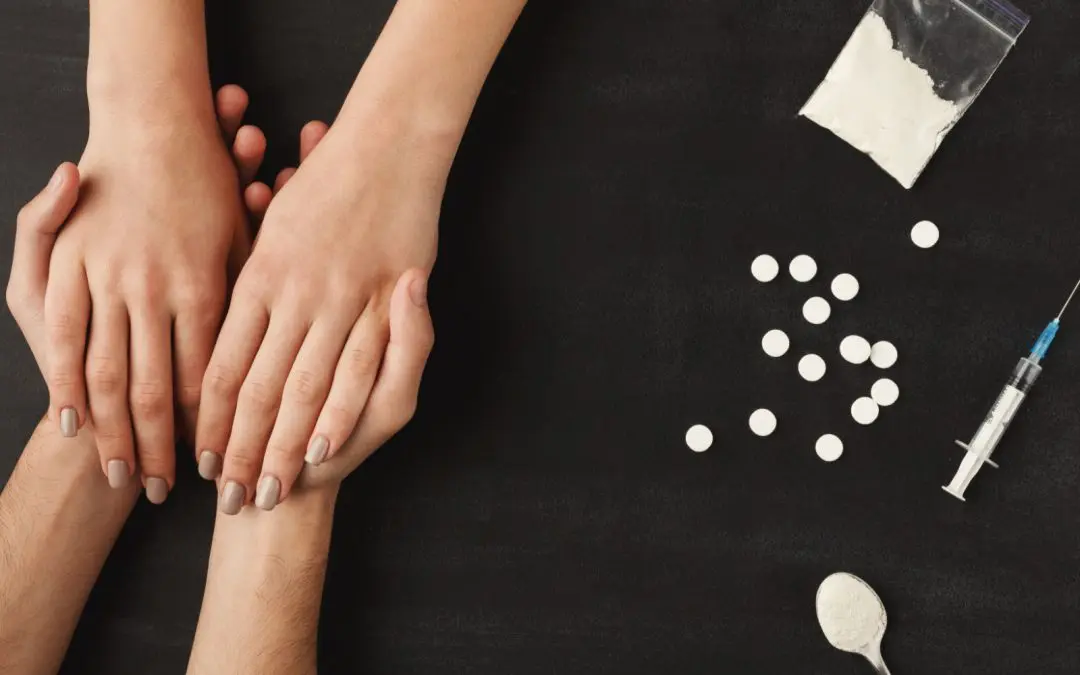24/7 Helpline:
(866) 899-111424/7 Helpline:
(866) 899-1114
Learn more about Codeine Detox centers in Bluffton
Codeine Detox in Other Cities

Other Insurance Options

Health Net

BHS | Behavioral Health Systems

Magellan Health

Health Choice

Optima

Coventry Health Care

United Health Care

CareSource

EmblemHealth

Multiplan

Kaiser Permanente

Lucent

Self-pay options
Beacon

UMR

Holman Group

Excellus

Highmark

Health Partners

CareFirst













